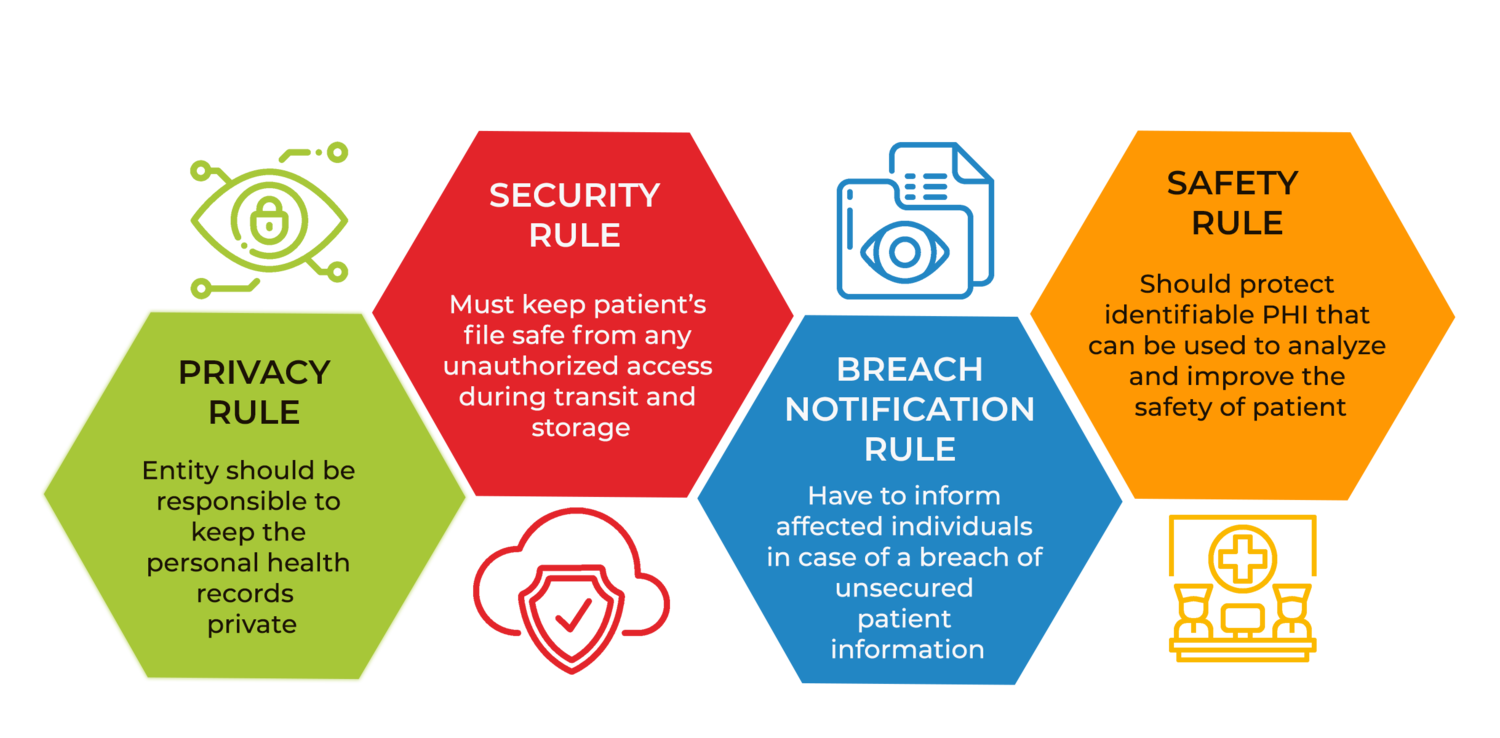
HIPAA Security Risk Assessment
A federal law known as HIPAA (the Health Insurance Portability and Accountability Act) safeguards the confidentiality of patient health information. By identifying potential flaws in their systems and procedures that could permit unauthorised access to, use of, or disclosure of patient information, an organisation can make sure that it follows HIPAA regulations. This is done through the process of conducting a HIPAA risk assessment.
In addition to reviewing the company's existing policies and practises, the HIPAA Security risk assessment looks for any potential weaknesses or areas for development. For the organisation to safeguard the secrecy, integrity, and accessibility of patient health information, a HIPAA risk assessment seeks to identify and reduce risks to patient privacy.
Entities that handle guarded patient data (PHI) are required to carry out recurring risk assessments as an aspect of HIPAA compliance to identify potential weaknesses and put protective measures in place.
HIPAA Risk Assessment Benefits For Organizations
Conducting a HIPAA risk assessment can provide several benefits for organizations covered by the Health Insurance Portability and Accountability Act (HIPAA). These benefits include:
•Identifying vulnerabilities: A risk assessment helps organizations identify potential vulnerabilities in their systems and processes that could lead to unauthorized access, use, disclosure, or destruction of protected health information (PHI).
•Mitigating risk: Once vulnerabilities are identified, organizations can take steps to mitigate the risk of a HIPAA breach, such as implementing additional security measures or revising policies and procedures.
•Protecting patient privacy: A risk assessment helps organizations protect the privacy of their patients by ensuring that their PHI is kept secure and confidential.
•Compliance: Conducting a risk assessment is a requirement of HIPAA, and failure to do so could result in significant fines and legal penalties.
•Improving efficiency: By identifying and addressing vulnerabilities, organizations can improve the efficiency of their processes and reduce the risk of costly HIPAA breaches.
Hire A HIPAA Risk Assessment Consultant
A specialist with the training to assist organizations in understanding their HIPAA obligations and spotting potential threats to the security and privacy of PHI is known as a HIPAA risk assessment consultant. These consultants collaborate with businesses to create and carry out plans that will reduce these risks and guarantee HIPAA compliance.
For organizations to effectively safeguard the privacy and security of PHI, a HIPAA risk assessment consultant plays a critical role. This may entail performing assessments on-site, reviewing policies and practices, and making suggestions for improvement. In order to address any potential PHI breaches, the consultant may also collaborate with the organization and develop development programs and incident response plans.
Overall, a HIPAA risk assessment is an important tool for organizations covered by HIPAA to protect the privacy of their patients and ensure compliance with the law.